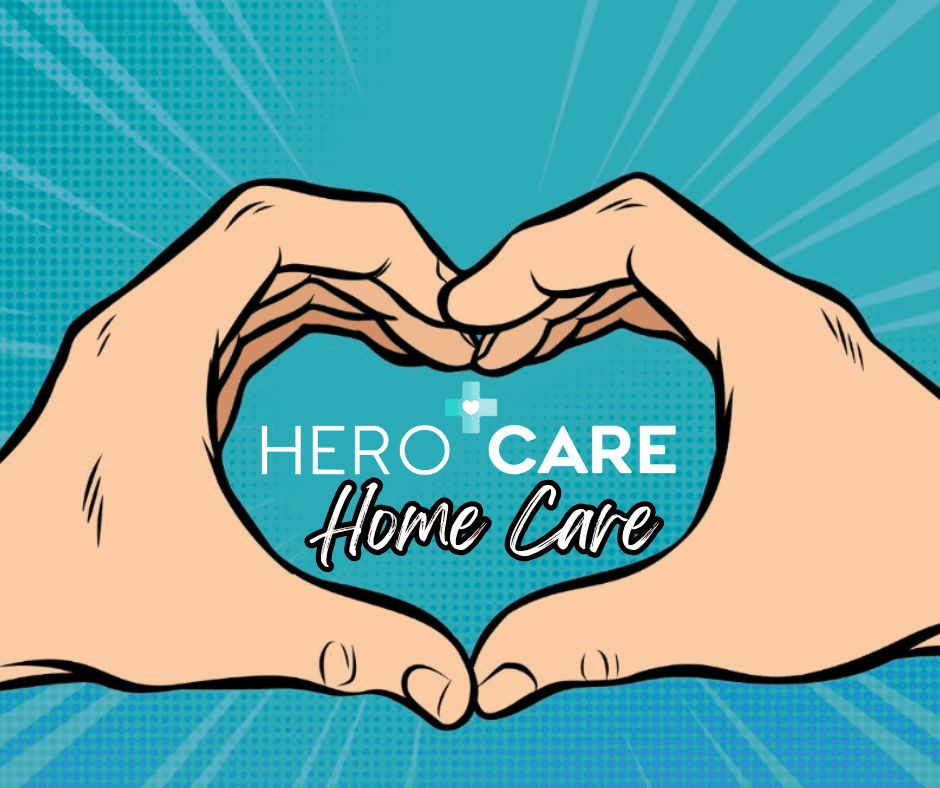
Communicating the Need for Home Care
Let’s be honest, this is not the easiest conversation to have. As family members, we often see the signs before our loved ones are ready to admit that a little extra help might make life safer, easier, and more comfortable. Whether it’s forgetting appointments, struggling with mobility, or signs of social isolation, the reality is that home care can sometimes feel like a loss of independence to those who need it most.
But the truth is, recognizing the need early — and taking action — can prevent crisis moments, strengthen family dynamics, and support a loved one’s ability to stay safely at home longer.
The Family Dynamic Challenge
One of the most difficult parts of introducing home care is balancing concern with respect. Family members may notice gaps in care or potential safety risks long before a loved one does, but suggesting home care can bring up emotions such as fear, resistance, and understandably pride. This can place strain on the family dynamic, leading to stress, worry, or tension between generations.
Communicating with Compassion
The key to navigating this conversation is empathetic communication. Here are some approaches that can help:
- Focus on independence: Frame home care as a tool to maintain freedom, not take it away.
- Highlight safety: Share specific examples of risks you’ve noticed — like near falls, medication confusion, or skipped meals — and explain how support could prevent harm.
- Start small: Suggest a few hours of help each week as a trial, rather than a major lifestyle change.
- Include them in decisions: Ensure your loved one’s voice guides the care plan, reinforcing respect and collaboration.
The Value of Early Support
Too often, home care is introduced after a major incident, such as a fall, hospitalization, or health decline. Bringing in professional support before a crisis can:
- Enhance safety through falls prevention and ongoing assessments
- Support recovery, whether that is temporary post-op or longer term support with a transition in function
- Provide help with appointments, errands, and transportation
- Reduce isolation with companionship and meaningful connection
By addressing small gaps early, families can reduce the likelihood of emergencies and allow loved ones to live confidently and independently at home for longer.
How Hero Care Can Help
At Hero Care, we believe home care should never be one-size-fits-all. Our services are completely customizable, designed around each client’s unique needs and preferences. Whether it’s a few hours a week of companionship, help with prescribed exercises, or ongoing care to support safety and independence, our nurse-led team creates plans that evolve as needs change.
Our approach is rooted in respect, compassion, and clinical expertise — helping families feel confident that their loved ones are safe, supported, and cared for in the comfort of their own homes.
Moving Forward Together
Introducing home care can be one of the hardest conversations a family has — but it can also be one of the most important. With the right support, delivered at the right time, your loved one can continue to live safely, independently, and with dignity at home.
At Hero Care, we’re here to make that possible. And you don’t have to navigate these conversations alone — our team can coach you through how to approach the topic with empathy and provide resources that may help your loved one feel more comfortable and reassured about receiving care.
👉 Reach out to Hero Care today to learn how we can support your family, and to discover how personalized home care can make all the difference.






